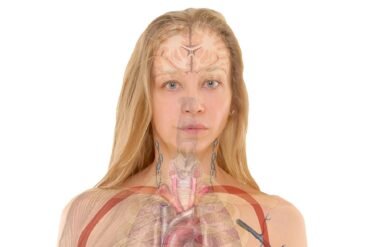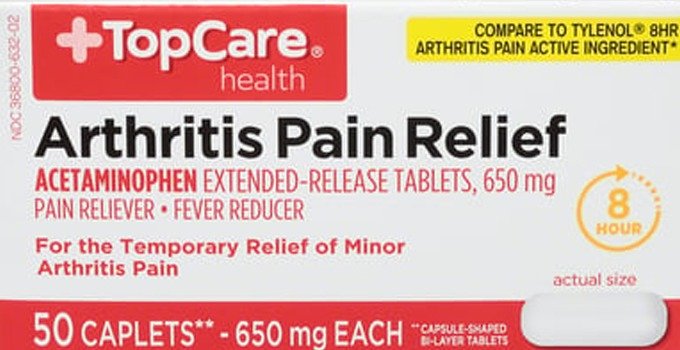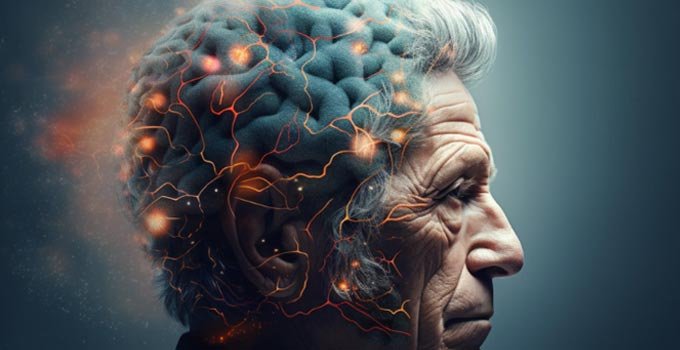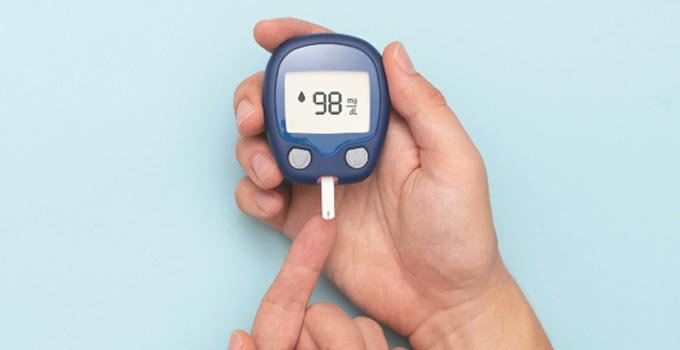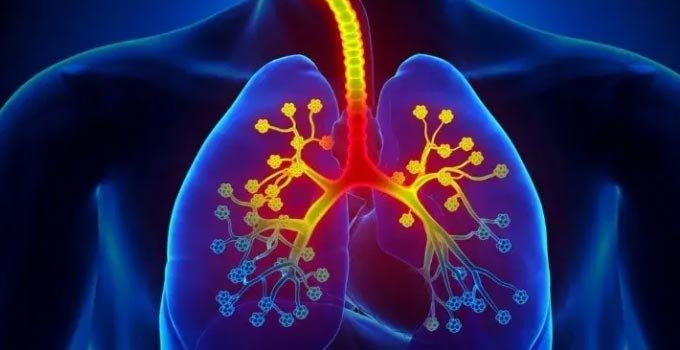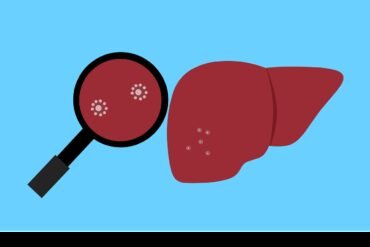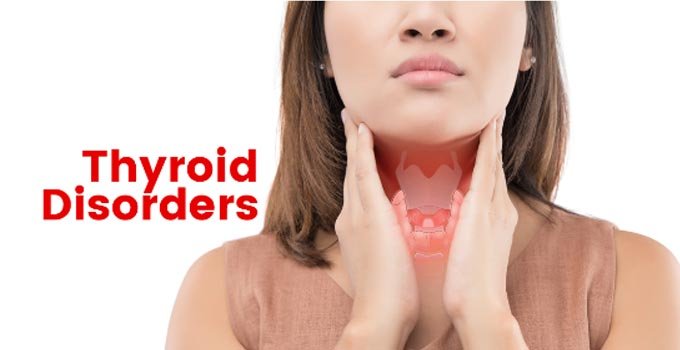Preventing and Treating Ovarian Cysts Effectively

Table of Contents
Introduction to Ovarian Cysts
Ovarian cysts are fluid-filled sacs that develop on or within the ovaries. They are a common occurrence in women of reproductive age and can vary in size and symptoms. While most ovarian cysts are harmless and resolve on their own, some may cause discomfort and require medical attention.
There are different types of ovarian cysts, including functional cysts, which form during the menstrual cycle, and pathological cysts, which are less common and may be caused by underlying conditions. It is important to understand the causes, symptoms, and potential complications associated with ovarian cysts in order to effectively prevent and treat them.
Causes:
- Hormonal imbalances: Fluctuations in hormone levels during the menstrual cycle can contribute to the development of ovarian cysts.
- Endometriosis: This condition occurs when the tissue lining the uterus grows outside of it, potentially leading to the formation of cysts.
- Polycystic ovary syndrome (PCOS): PCOS is a hormonal disorder that results in the growth of multiple small cysts on the ovaries.
- Pregnancy: Ovarian cysts can sometimes form during early pregnancy and usually resolve on their own.
Symptoms:
- Pelvic pain or discomfort
- Irregular menstrual periods
- Abdominal bloating or swelling
- Pain during sexual intercourse
- Changes in bowel habits
Complications:
- Rupture or torsion: In rare cases, cysts can rupture or twist, causing severe pain and potentially requiring surgery.
- Infertility: Certain types of ovarian cysts, such as those associated with PCOS, can affect fertility.
- Compromised blood supply: If a cyst grows too large, it may restrict blood flow to the ovaries, leading to tissue damage.
Preventing and treating ovarian cysts effectively involves a combination of lifestyle changes, regular monitoring, and, in some cases, medical intervention. Maintaining a healthy weight, managing stress levels, and practicing safe sex are all important factors in preventing cyst formation. Regular gynecological check-ups and ultrasound exams can help detect cysts early on and monitor their growth.
If symptoms persist or if a cyst is deemed to be at risk of complications, various treatment options are available. These may include hormonal birth control, which can help regulate hormone levels and prevent cysts from forming, or surgical removal of the cyst. The choice of treatment depends on the type, size, and symptoms associated with the cyst.
By understanding the causes, symptoms, and potential complications of ovarian cysts, women can take proactive steps to prevent and treat them effectively. Early detection and appropriate management are key in ensuring overall gynecological health.
Understanding the Symptoms
Ovarian cysts are fluid-filled sacs that form on or inside the ovaries. While most cysts are harmless and resolve on their own, some can cause discomfort and potentially serious complications. Understanding the symptoms associated with ovarian cysts can help in their prevention and effective treatment.
Common symptoms of ovarian cysts may include:
- Pelvic pain or discomfort
- Painful periods
- Irregular menstrual cycles
- Bloating or pressure in the abdomen
- Difficulty urinating or frequent urination
- Changes in bowel movements
- Feeling full quickly while eating
- Weight gain
It is important to note that these symptoms can also be associated with various other conditions, so it is crucial to consult a healthcare professional for an accurate diagnosis.
In some cases, ovarian cysts can cause more severe symptoms that require immediate medical attention. These symptoms may include:
- Sudden and severe abdominal or pelvic pain
- Fever and chills
- Faintness or dizziness
- Rapid breathing
- Vomiting
If you experience any of these symptoms, it is essential to seek medical help promptly as they could indicate a ruptured cyst or other complications.
Regular gynecological check-ups can help in the early detection of ovarian cysts. Your healthcare provider may perform a pelvic exam, ultrasound, or other diagnostic tests to confirm the presence of cysts and evaluate their characteristics.
Preventing and treating ovarian cysts effectively involves a multidimensional approach. Lifestyle modifications such as maintaining a healthy weight, exercising regularly, and managing stress levels can help reduce the risk of cyst formation.
In some cases, hormonal contraceptives may be prescribed to regulate the menstrual cycle and prevent the formation of certain types of cysts. Surgical intervention may be necessary for larger cysts or those causing severe symptoms. Options for surgical treatment include cystectomy (removal of the cyst) or, in more severe cases, oophorectomy (removal of the affected ovary).
It is important to remember that each case is unique, and the appropriate treatment plan will depend on factors such as the size, type, and severity of the cyst, as well as individual health considerations.
By understanding the symptoms associated with ovarian cysts and seeking timely medical care, individuals can take proactive steps towards preventing and effectively treating this condition.
Preventive Measures and Lifestyle Changes
Preventing and treating ovarian cysts effectively involves a combination of medical interventions and lifestyle changes. While some risk factors for developing ovarian cysts cannot be controlled, adopting certain preventive measures can help reduce the likelihood of their occurrence. Additionally, making specific lifestyle changes can contribute to the overall management and prevention of ovarian cysts.
- Maintain a healthy weight: Obesity is associated with an increased risk of ovarian cysts. Engage in regular physical activity and follow a balanced diet to achieve and maintain a healthy weight.
- Practice safe sex: Sexually transmitted infections (STIs) can lead to the development of cysts. Use barrier methods, such as condoms, to protect against STIs and reduce the risk of cysts.
- Take hormonal contraceptives: Certain types of hormonal contraceptives, such as birth control pills, can help regulate the menstrual cycle and prevent the formation of ovarian cysts.
- Avoid smoking: Smoking has been linked to an increased risk of ovarian cysts. Quitting smoking not only reduces the risk of cysts but also offers numerous other health benefits.
- Manage stress: Chronic stress can disrupt hormonal balance and contribute to the development of cysts. Practice stress-management techniques, such as meditation, yoga, or deep breathing exercises.
- Stay hydrated: Drinking an adequate amount of water helps flush out toxins and promotes overall health. Aim to drink at least 8 glasses of water a day.
- Limit caffeine and alcohol consumption: Excessive intake of caffeine and alcohol can disrupt hormone levels and contribute to cyst development. Limit your consumption of these substances.
- Undergo regular check-ups: Regular gynecological check-ups can help detect ovarian cysts at an early stage. Early detection allows for prompt treatment and prevents complications.
It is important to note that preventive measures and lifestyle changes alone may not entirely eliminate the risk of developing ovarian cysts. If you suspect you have an ovarian cyst or are experiencing symptoms associated with them, it is essential to consult a healthcare professional for an accurate diagnosis and appropriate treatment.
Medical Treatments and Procedures
Ovarian cysts are common in women of reproductive age and can cause various symptoms and complications. Depending on the type, size, and severity of the cyst, different medical treatments and procedures may be recommended. Here are some effective options for preventing and treating ovarian cysts:
- Watchful waiting: In many cases, small, functional ovarian cysts resolve on their own without treatment. Your doctor may recommend regular monitoring through ultrasound examinations to ensure the cysts do not grow or cause any complications.
- Birth control pills: Hormonal contraceptives, such as birth control pills, can help regulate your menstrual cycle, prevent the formation of new cysts, and reduce the risk of complications from existing cysts. They work by suppressing ovulation and preventing the growth of ovarian follicles.
- Hormonal therapy: In cases of hormonal imbalances, your doctor may prescribe hormone therapy to regulate your menstrual cycle and prevent the formation of cysts. This may involve the use of medications such as progestins or gonadotropin-releasing hormone (GnRH) agonists.
- Surgical cyst removal: If the cyst is large, causing severe symptoms, or suspected to be cancerous, your doctor may recommend surgical removal. This can be done through a laparoscopy, a minimally invasive procedure where small incisions are made in the abdomen to remove the cyst. In some cases, a laparotomy, a more extensive surgery, may be necessary.
- Ovarian cystectomy: If the cyst is benign and the affected ovary can be preserved, a cystectomy may be performed. This procedure involves removing the cyst while leaving the ovary intact. It is an option for women who wish to preserve their fertility.
- Oophorectomy: In cases where the cyst is cancerous or if there is a high risk of ovarian cancer, surgical removal of one or both ovaries may be necessary. This procedure is called an oophorectomy and is usually combined with other treatments, such as chemotherapy.
It is important to consult with your healthcare provider to determine the most appropriate treatment or procedure for your specific situation. They will consider factors such as the type and size of the cyst, your symptoms, and your future reproductive plans. Early detection and prompt treatment can help prevent complications and ensure optimal reproductive health.
Natural Remedies and Homecare Solutions
Ovarian cysts are fluid-filled sacs that can develop on the ovaries. While most cysts are harmless and often go away on their own, some may cause discomfort or require medical intervention. Here are some natural remedies and homecare solutions that can help prevent and treat ovarian cysts effectively:
- Healthy Diet: Eating a balanced diet rich in fruits, vegetables, whole grains, and lean proteins can help regulate hormone levels and prevent the formation of ovarian cysts. Avoiding processed foods, saturated fats, and sugary snacks is also recommended.
- Herbal Supplements: Certain herbs, such as chasteberry, black cohosh, and evening primrose oil, have been traditionally used to support hormonal balance and reduce the risk of cyst formation. However, it’s important to consult with a healthcare professional before starting any herbal supplements.
- Exercise: Regular physical activity can help regulate hormone levels, reduce stress, and promote overall well-being. Engaging in activities like walking, jogging, yoga, or swimming for at least 30 minutes a day can be beneficial in preventing ovarian cysts.
- Stress Management: Chronic stress can disrupt hormonal balance and contribute to the development of ovarian cysts. Practicing relaxation techniques like deep breathing exercises, meditation, or engaging in hobbies can help reduce stress levels and prevent cyst formation.
- Heat Therapy: Applying a heating pad or taking warm baths can help alleviate pelvic pain and discomfort caused by ovarian cysts. The warmth helps relax the muscles and reduce inflammation in the affected area.
- Regular Check-ups: It’s essential to have regular check-ups with a healthcare provider, especially if you have a history of ovarian cysts. Routine examinations and ultrasounds can help detect any abnormalities early on and ensure timely treatment if necessary.
While these natural remedies and homecare solutions can be effective in preventing and treating ovarian cysts, it’s important to consult with a healthcare professional for proper diagnosis and guidance. In some cases, medical intervention may be required to manage cysts that are causing severe symptoms or complications.
















